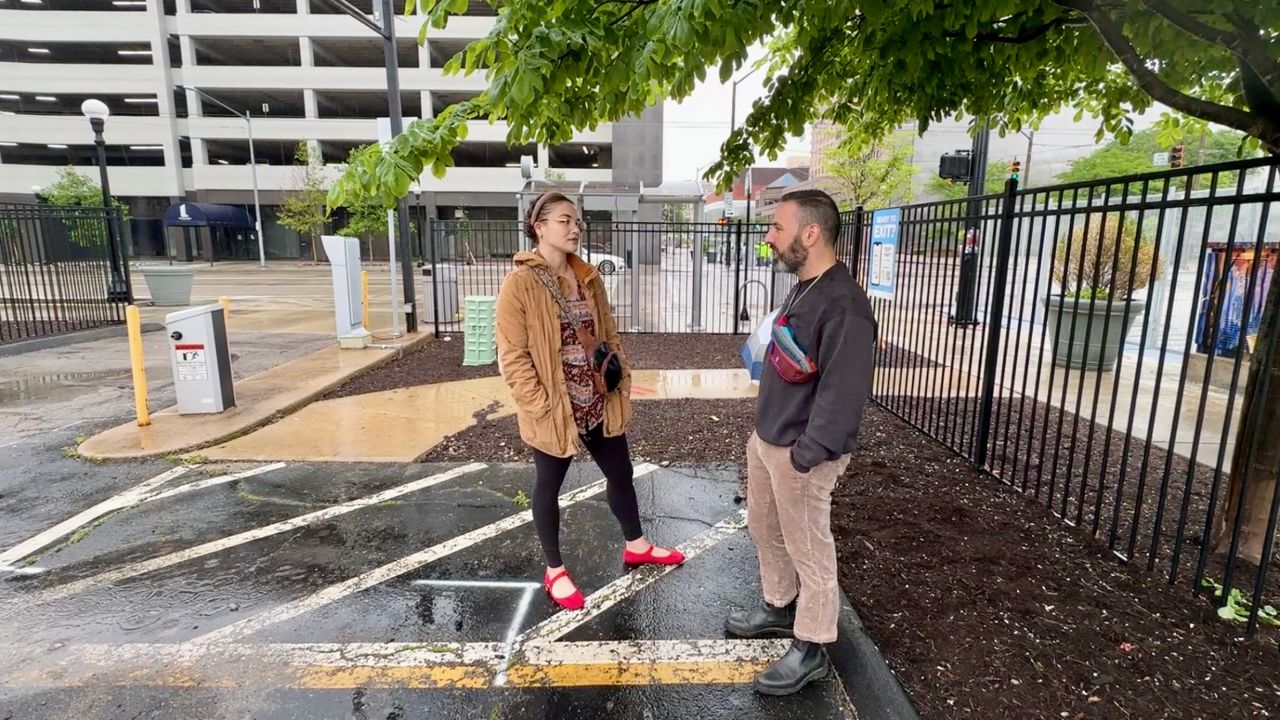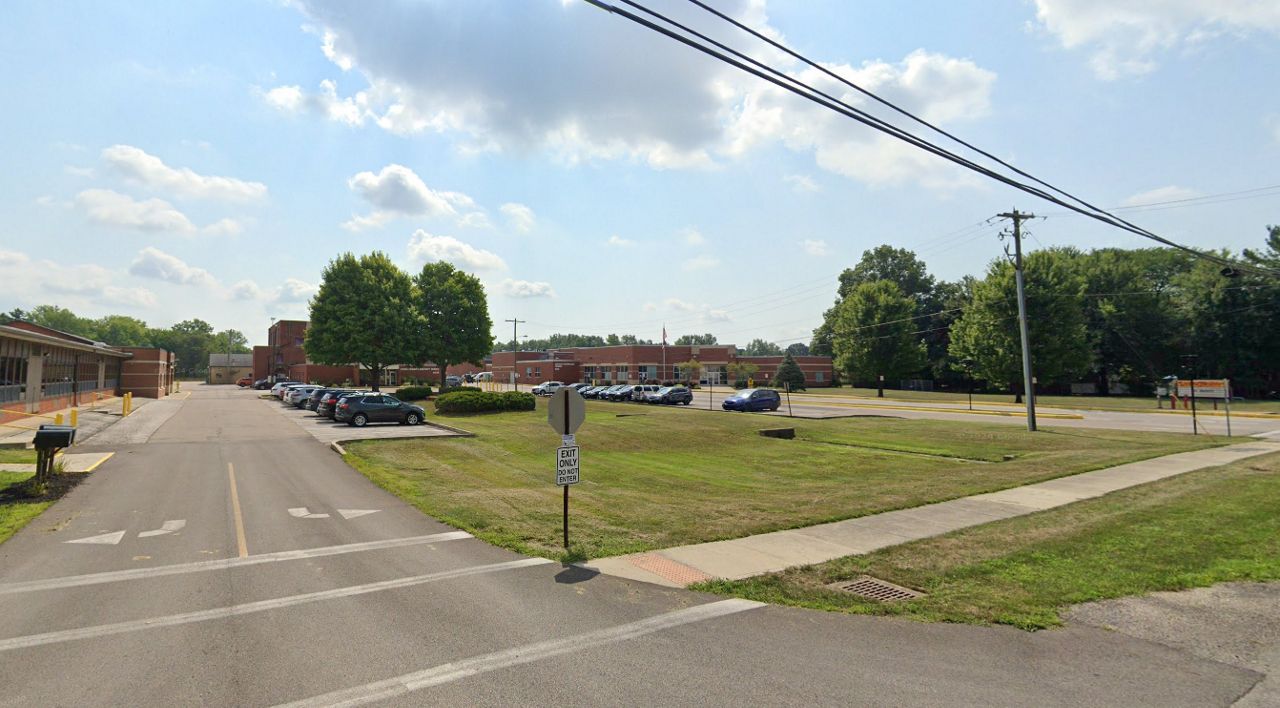CLEVELAND — Community development corporation (CDC) leaders in Cleveland are raising alarms about what could happen if they don’t get access to funding, which is facing delays in city hall as officials wait to learn how much grant money they’ll receive from the U.S. Department of Housing and Urban Development (HUD) this year.
“Well, 12 of 18 CDCs will essentially not be operational by the holidays if there aren’t contracts in place with the city for their funds,” said Tania Menesse, CEO at Cleveland Neighborhood Progress (CNP). “So yes, CDCs, with our support, are working through critical staff to figure out how they’ll bridge those funds.”
CDCs are local nonprofits that work to revitalize and support low-income neighborhoods across the country with affordable housing initiatives, job training programs, youth development and more.
Menesse said in Cleveland, Community Development Block Grants (CDBG) from HUD make up 40-80% of local CDCs’ budgets, flowing through the city to each nonprofit. But as President Donald Trump’s administration makes cuts to federal spending, the future of those grants is uncertain.
Typically by April, the city notifies CDCs about how much of that federal funding they’ll receive, but city officials say this year, HUD has told them they won’t have that information until mid-May.
“Everybody is confused,” John Anoliefo, Executive Director of Famicos Foundation, one of Cleveland’s CDCs, said. “Everybody is scared.”
In a letter to CDC and nonprofit leaders across the city last month, Cleveland Mayor Justin Bibb and Community Development Director Alyssa Hernandez acknowledge the uncertainty and urge nonprofits to prepare for what could come, saying, in part, “Given the potential risks, we strongly advise that you refrain from incurring expenses outside of your existing contracts with the City or making long-term financial commitments based on anticipated contract renewals until we have complete clarity on the funding landscape.”
Anoliefo has been working in CDCs for decades but said he’s never faced as much uncertainty as he is now.
“In my 30 years in the industry, I’ve never been involved in this type of scenario planning,” he said.
Menesse said CNP has proposed a way for the city to fund CDCs without use of federal grant dollars, which can be restrictive. Council was considering that proposal earlier this year but has now put it on hold until they get more information about how much money they’ll receive from HUD.
Menesse said the delays in funding will start affecting the operations of some CDCs as soon as June, creating a ripple effect she said will affect the city.
“When a home needs to be rehabbed, if there is a structure that looks like it’s a nuisance, if residents are calling about some sort of problem in the neighborhood, their first call is to the Community Development Corporation,” Menesse said. “And so, if that infrastructure on the ground isn’t there, those calls are going to be coming into the city 311 line, or directly to council offices.”
While he is uncertain about the future now, Anoliefo said he’s hopeful they can find a solution soon.
“I don’t accept doom and gloom. I really do believe that the money will come,” he said. “I am an optimist.”







